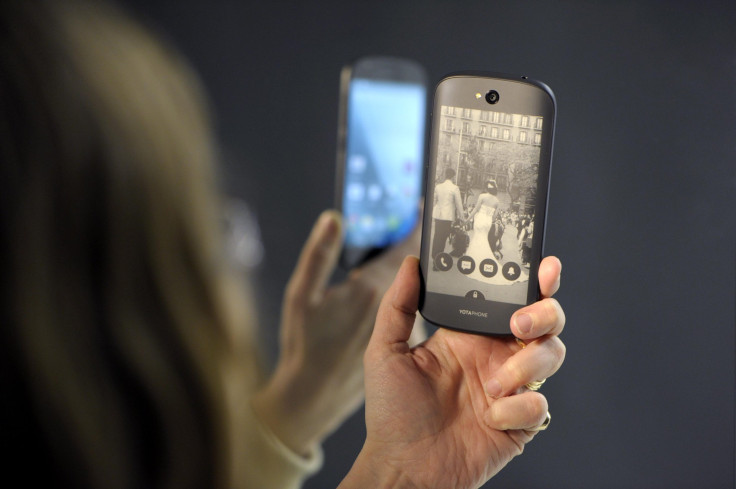How 5G Network Will Change Your World

The global race has begun to develop 5G, the fifth generation of mobile network. Enthusiastic scientists urge it to be “very different” from its predecessor. Researchers foresee that there will be 100 billion devices online by 2020, which would augment the demand for high-speed internet to a great extent.
The 5G Innovation Centre at the University of Surrey is UK's multimillion-pound government-funded research center dedicated to the next generation of mobile communications. Research in the 5GIC will focus on developing intelligent systems that can work together to give impression of unlimited data capacity. It will provide a network that is faster than 4G with greater energy-efficiency and reduced end-user cost. This will open up a huge opportunity for well connected cities for remote surgery, driverless cars, and a host of “internet of things.”
The 5G network will be fast enough to deliver ultra-detailed 3D maps to self-driven cars like the Google has launched on the public streets of California. Scientists claim that it will also take care of connection drop-outs. There will be a sea change in the performance of three digital accelerators of processing power, storage and bandwitdth.
The South Korean government has already invested $1.5 billion into developing and deploying 5G by the end of the decade. Samsung and LG Group’s mobile phone operator unit is all set to jointly work together on 5 global spectrum identification, 5G technology co-development, and 5G technology global standardization.
This partnership will further widen the scope of South Korea’s leadership programme. Samsung aims at an implementation of a trial run of 5G network in 2018 Winter Olympic Games in South Korea. Chinese telecoms company Huawei is also working on a version of 5G for the 2018 World Cup in Moscow.
The end of this decade will see unimaginable change in the arena of technology, which can lead to a world where all the gadgets can communicate via apps. With 5G the internet speed will be accelerated by 1000 times of the current service. According to the University of Surrey researchers, the wireless internet speed can be so fast that it can download 800 films per second. This means that downloading a full-length HD feature film on wireless device will take just one second.
According to the researchers at 5GIC, the abundance of smartphones has generated ever-increasing demand of mobile data. Thus, 5G will only focus on users and their needs. Another key focus will be on reducing energy consumptions and provide innovative energy solutions for wearable devices.
For questions/comments regarding the article, you may email the writer at rituparnaganguly25@gmail.com




















